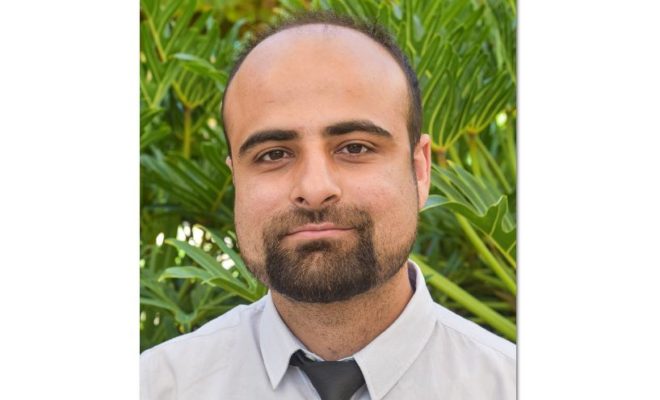
People & Business
New Book by USF Sarasota-Manatee Professors Examines Hospitality Research Method
Two USF Sarasota-Manatee hospitality and tourism professors are generating attention for a new book that explores a research methodology popular in social science and business research.
The methodology, Partial-Least Squares-based Structural Equation Modeling (PLS-SEM), has long been associated with marketing and accounting research and management information systems, but its application to hospitality and tourism is relatively new.
The book, Applying Partial Least Squares in Tourism and Hospitality Research, edited by Faizan Ali, PhD, and Cihan Cobanoglu, PhD, both of USF Sarasota-Manatee, and S. Mostafa Rasoolimanesh, PhD, of Taylor’s University in Malaysia, was published in the spring.
“It has started receiving citations from professors in hospitality as well as other disciplines around the world,” said Ali, who is invited to an upcoming conference in Beijing to discuss PLS-SEM.
“I am proud of the book, as it is already considered as a reference book in the use of advanced statistical methods in hospitality and tourism research,” said Cobanoglu, a professor and McKibbon Endowed Chair at USFSM’s College of Hospitality & Tourism Leadership.
The 10-chapter publication explores a range of uses for PLS-SEM methodology in hospitality research from broad industrywide topics, such as human resource practices and employee retention, to specific issues such as how museums can drive attendance using their websites.
The professors collaborated on the book for a year, sifting through 45 submissions to narrow the field to 10 chapters. Contributors include 28 researchers from 18 universities worldwide. Emerald Publishing published the book.
Ali said he decided to work on the book after garnering widespread attention for a recent special issue that he guest edited on the same topic. The issue was published by Emerald Publishing and appeared in the Journal of Hospitality and Tourism Technology https://www.emerald.com/insight/publication/issn/1757-9880/vol/9/iss/3.
As Ali explained, PLS-SEM provides more flexibility than most other research methods by providing researchers more access to tools such as Importance Performance Map Analysis (to help understand relative importance of various factors in explaining phenomena under consideration) and Multi Group Analysis (to help differences in understanding across multiple groups about phenomena under consideration).
“This book covers a comprehensive application of the current, original and most advanced research in the domain of PLS-SEM methodology with specific reference to tourism and hospitality research,” Ali said. “While most of the chapters comprise a thorough discussion of the applications to problems within tourism and hospitality research, others focus on key aspects of PLS-SEM analysis with an instructive approach. This book serves as both an introduction for those without prior knowledge of PLS-SEM and as a comprehensive reference for researchers and practitioners interested in the most recent advances in PLS-SEM methodology.”



You must be logged in to post a comment Login